Clean Eating: A Beginner’s Guide
In a world inundated with fast food restaurants, processed snacks, and convenience meals, it’s easy to stray from a wholesome, healthy diet. Clean eating is a simple yet effective way to reset your eating habits and improve your overall well-being. But what exactly does it entail, and how can you get started on the path to cleaner eating? This beginner’s guide will walk you through the fundamental principles of clean eating and offer practical tips to help you make the transition.
What is Clean Eating?
Clean eating is a nutritional approach that emphasises consuming whole, unprocessed foods while minimising or eliminating processed and refined products. The core idea is to focus on natural, nutrient-dense foods and avoid those laden with artificial additives, excessive sugar, and unhealthy fats. The goal is to nourish your body with foods that are as close to their natural state as possible.
The Principles of Clean Eating
To embark on your clean eating journey, it’s essential to understand the basic principles that underpin this lifestyle:
1. Whole Foods
Opt for whole foods such as fruits, vegetables, whole grains, lean proteins, and healthy fats. These are foods that have undergone minimal processing and retain their natural nutritional value.
2. Minimise Processed Foods
Processed foods often contain additives, preservatives, and excess salt, sugar, or unhealthy fats. Limit your consumption of items like sugary cereals, fast food, and packaged snacks.
3. Read Labels
When purchasing packaged foods, read ingredient labels. Look for products with a short list of recognisable ingredients. If there are unfamiliar or unpronounceable items, it’s likely not a clean choice.
4. Eat Balanced Meals
Craft well-rounded meals that incorporate a variety of food groups. A typical plate should include a source of protein, whole grains, and plenty of colourful vegetables.
5. Portion Control
Be mindful of portion sizes. Clean eating doesn’t mean unlimited consumption. Listen to your body’s hunger and fullness cues.
6. Hydration
Stay adequately hydrated by drinking plenty of water throughout the day. Limit sugary drinks and opt for herbal tea or infused water.
7. Mindful Eating
Slow down during meals, savour each bite, and pay attention to your body’s hunger and fullness cues. This practice can help prevent overeating.
Practical Tips for Clean Eating
Now that you’re familiar with the principles of clean eating, here are some practical tips to get you started:
1. Plan Your Meals
Create a weekly meal plan that includes a variety of clean foods. This can help you make healthier choices and reduce the temptation of convenience foods.
2. Shop the Perimeter
In most grocery stores, fresh produce, lean proteins, and dairy are found along the store’s perimeter. Focus your shopping there to avoid the inner aisles filled with processed products.
3. Cook at Home
Preparing meals at home gives you full control over the ingredients you use. Experiment with cooking and discover the joy of crafting delicious, clean meals.
4. Snack Wisely
Opt for clean snacks like fresh fruit, Greek yogurt, or mixed nuts. Avoid sugary or salty snacks that can derail your clean eating efforts.
5. Gradual Changes
Transitioning to clean eating doesn’t have to be an overnight process. Make small, gradual changes to your diet to ensure long-term success.
6. Enjoy Treats in Moderation
It’s okay to enjoy your favourite treats occasionally, but make them an exception rather than the rule. Allow yourself an occasional indulgence without feeling guilty.
7. Educate Yourself
Stay informed about the latest nutrition trends and research. The more you understand about the benefits of clean eating, the easier it will be to stick with the lifestyle.
Health Benefits of Clean Eating
-
Effective Weight Management: Clean eating promotes a balanced, lower-calorie diet, making it easier to achieve and maintain a healthy weight.
-
Improved Digestion: Whole foods, especially those high in fibre like fruits, vegetables, and whole grains, promote healthy digestion, preventing constipation and maintaining a healthy gut microbiome.
-
Optimal Nutrient Absorption: Clean eating ensures you obtain a wide range of essential nutrients, such as vitamins, minerals, and antioxidants. Whole foods are rich in these nutrients, which are better absorbed by the body compared to synthetic supplements.
-
Stable Blood Sugar: A clean eating approach often involves consuming complex carbohydrates and reducing simple sugars, which helps stabilise blood sugar levels, reducing the risk of type 2 diabetes and providing sustained energy throughout the day.
-
Heart Health: A clean eating diet that’s low in saturated and trans fats can lower the risk of heart disease. Foods like oily fish, nuts, and whole grains can improve cholesterol levels and support overall cardiovascular health.
-
Reduced Inflammation: Many processed foods contain additives and preservatives that can contribute to inflammation in the body. Clean eating, with its focus on natural, unprocessed foods, can help reduce chronic inflammation, associated with various health problems.
-
Enhanced Mental Clarity: A diet rich in whole foods can lead to better mental clarity and cognitive function. Nutrient-dense foods provide the brain with the essential vitamins and minerals it needs to function optimally.
-
Increased Energy Levels: Clean eating can lead to more sustained and balanced energy levels throughout the day. You’re less likely to experience energy crashes associated with high-sugar and highly processed food diets.
-
Improved Skin Health: A diet rich in fruits, vegetables, and healthy fats can promote clear and radiant skin. The antioxidants and vitamins found in these foods support skin health and reduce the signs of ageing.
-
Stronger Immune System: Nutrient-dense foods contain vitamins and minerals that support a robust immune system. A diet rich in these nutrients can help your body fend off illnesses and infections more effectively.
-
Better Hydration: Clean eating often encourages water consumption and limits sugary and caffeinated beverages, supporting overall health and bodily functions.
-
Reduced Risk of Chronic Diseases: Clean eating is associated with a lower risk of chronic diseases, such as heart disease, certain cancers, and obesity. By providing your body with essential nutrients and minimising harmful additives, you can reduce your risk of these health conditions.
-
Improved Longevity: Adopting a clean eating lifestyle has the potential to increase your lifespan and enhance your overall quality of life as it supports healthy ageing and the prevention of age-related diseases.
Can I Lose Weight Through Clean Eating?
To effectively lose weight through clean eating, it’s important to be mindful of portion sizes and overall calorie consumption. While clean eating encourages the consumption of whole, nutritious foods, it doesn’t eliminate the need for calorie control when aiming to lose weight. Pairing clean eating with regular physical activity, staying hydrated, and managing stress can further enhance weight loss efforts.
Kitchen Staples For Starting Clean Eating
Transitioning to a clean eating lifestyle is easier when you have a well-stocked pantry and kitchen filled with wholesome, nutrient-dense ingredients. Here’s a list of staple cupboard essentials to get you started on your clean eating journey in UK English:
-
Whole Grains:
- Brown rice
- Quinoa
- Whole wheat pasta
- Oats (rolled or steel-cut)
- Whole grain bread or wraps
-
Legumes:
- Lentils
- Chickpeas
- Black beans
- Cannellini beans
-
Healthy Oils and Fats:
- Extra virgin olive oil
- Coconut oil
- Avocado oil
- Nuts and seeds (almonds, walnuts, chia seeds, flaxseeds)
-
Canned and Jarred Goods:
- Canned tomatoes (preferably with no added sugar or salt)
- Tomato paste
- Low-sodium vegetable or chicken soup
- Nut butter (e.g., almond or peanut butter with no added sugar)
-
Herbs and Spices:
- Basil
- Oregano
- Cinnamon
- Turmeric
- Paprika
- Garlic powder
- Black pepper
- Dried herbs (rosemary, thyme, etc.)
-
Vinegar:
- Balsamic vinegar
- Apple cider vinegar
- Red wine vinegar
-
Sweeteners:
- Honey or pure maple syrup (in moderation)
- Stevia or erythritol (for low-calorie sweetening)
-
Canned Fish:
- Canned tuna or salmon (in water)
-
Unsweetened Condiments:
- Mustard
- Salsa
- Hot sauce (without added sugars)
-
Dried Fruits (In Moderation):
- Raisins
- Apricots
- Dates
-
Whole-Grain Cereals:
- Rolled oats
- Muesli (without added sugars)
- Dark Chocolate (70% cocoa or higher)
-
Tea and Coffee (without added sugars)
In Conclusion
Clean eating is not a restrictive diet but a sustainable lifestyle that can transform your relationship with food and your overall well-being. By focusing on whole, natural foods and making mindful choices, you can embark on a journey to better health and vitality. Start slowly, be patient with yourself, and enjoy the journey to a cleaner, healthier you. Your body will thank you.

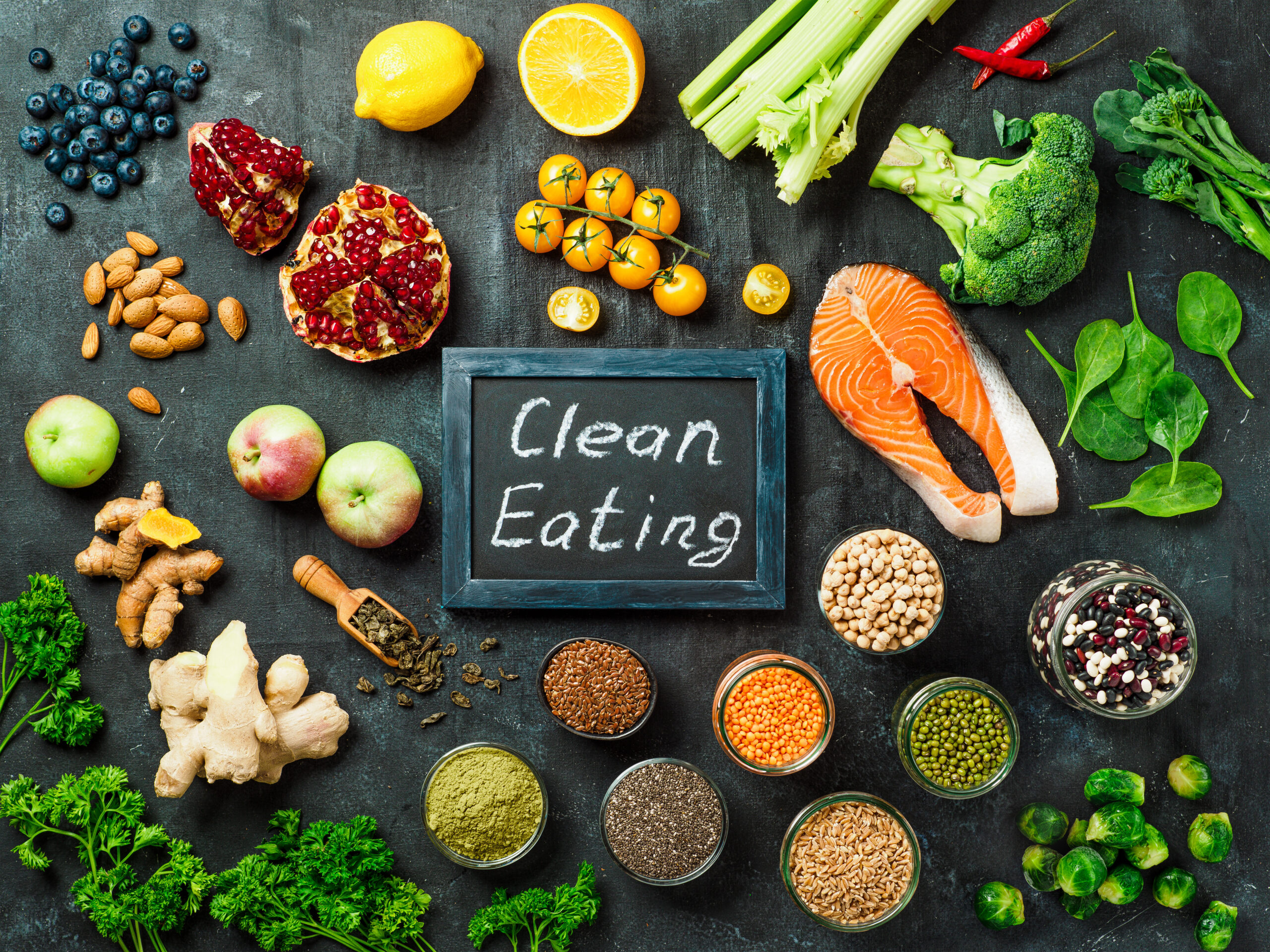
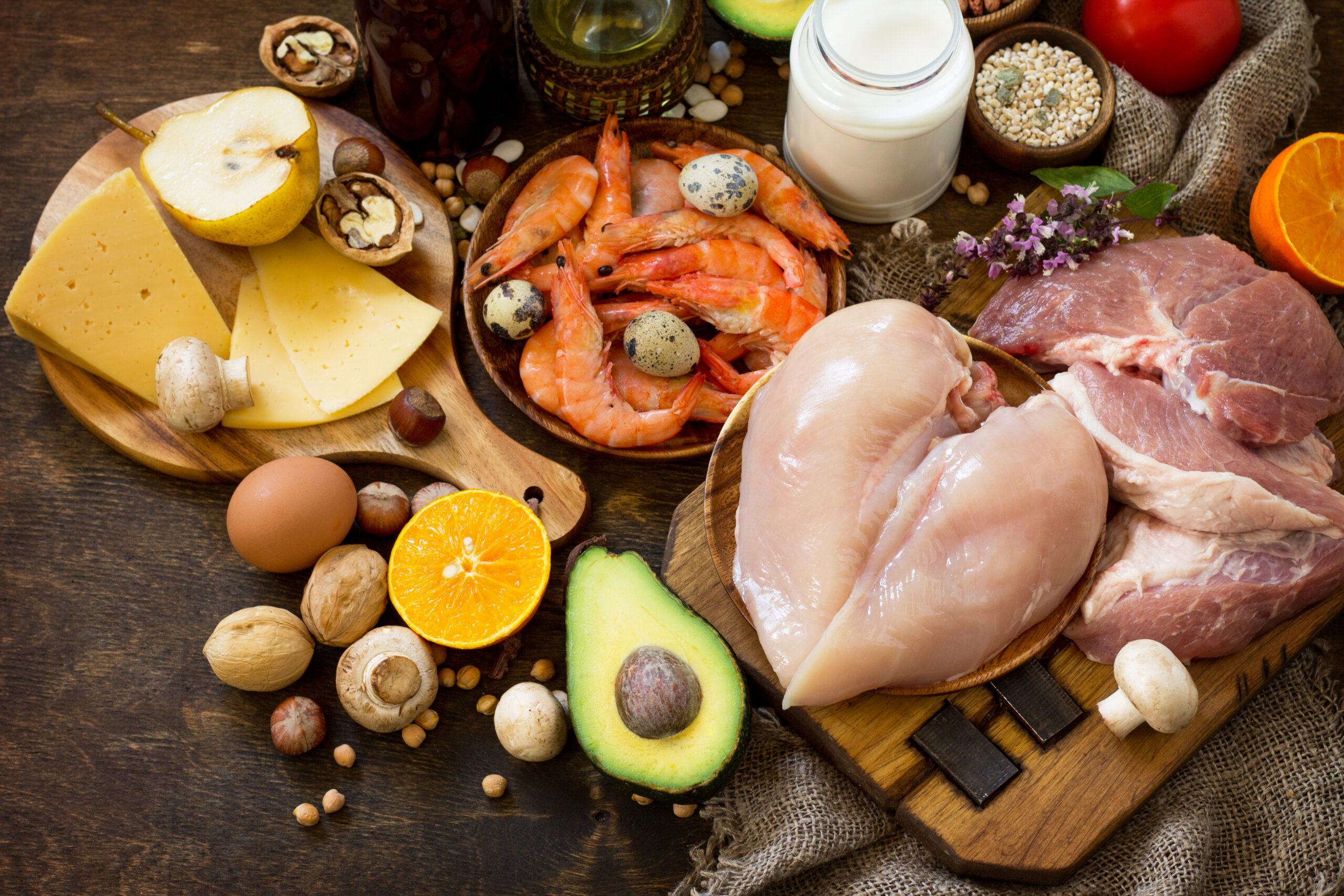
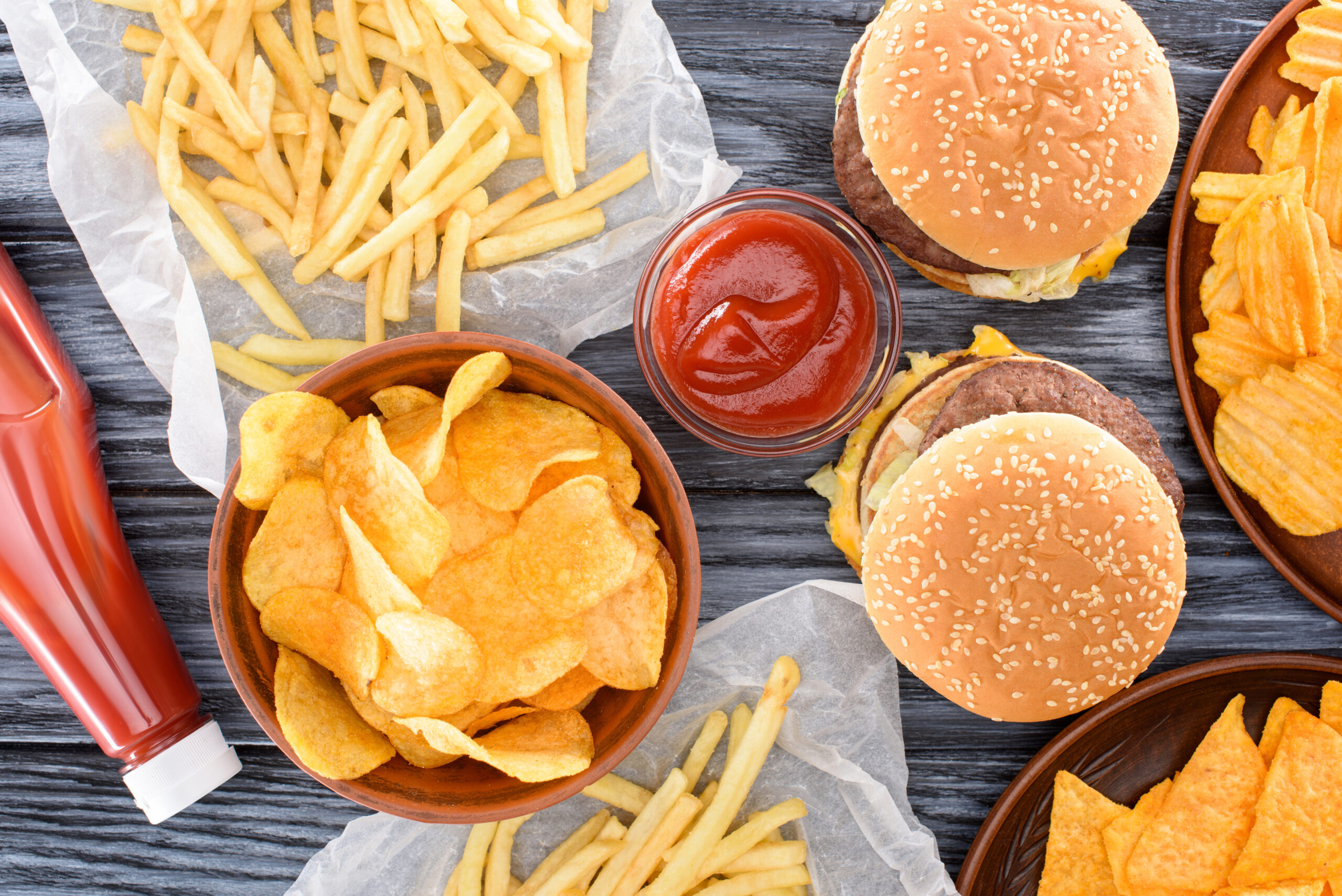

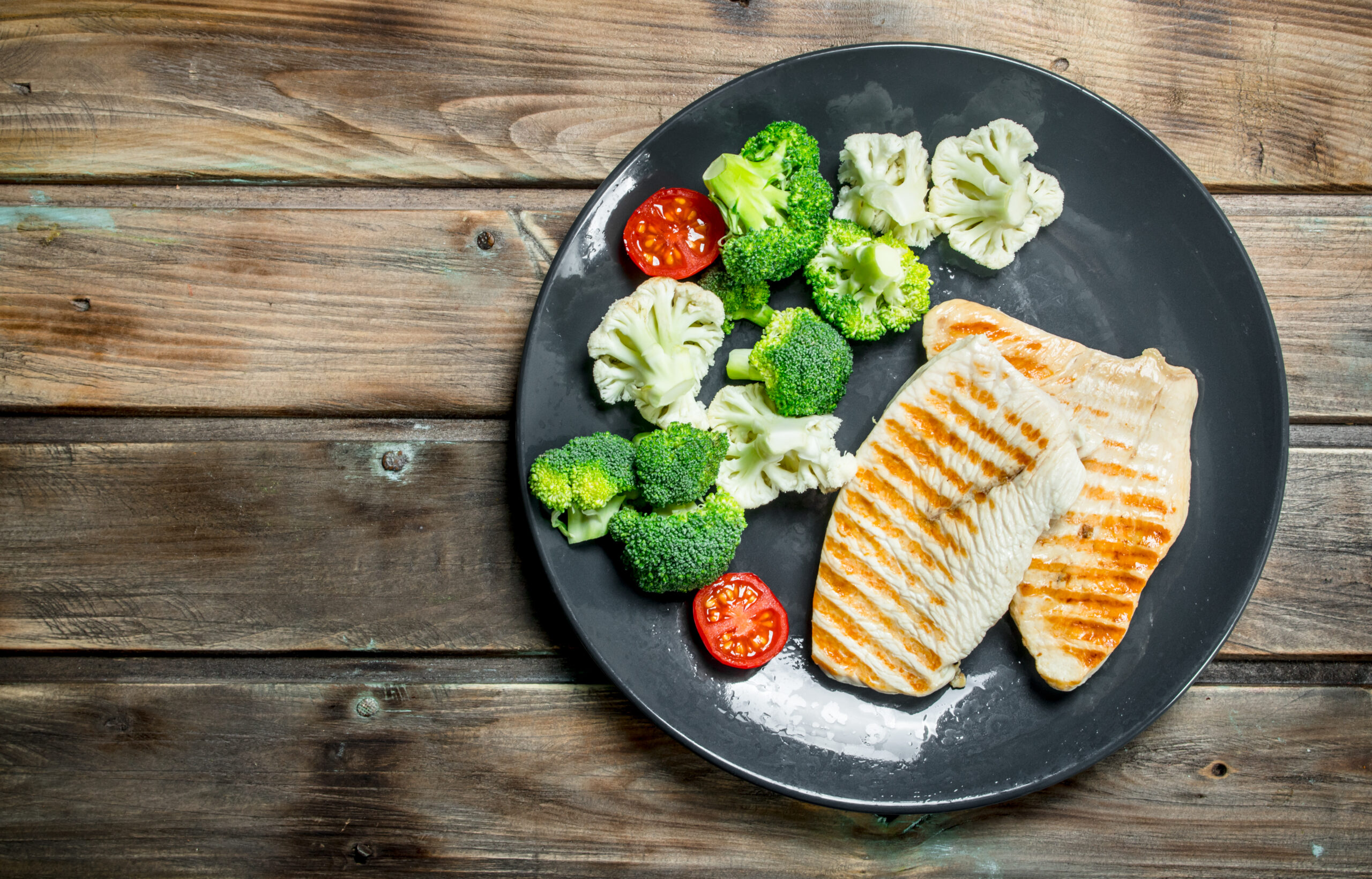
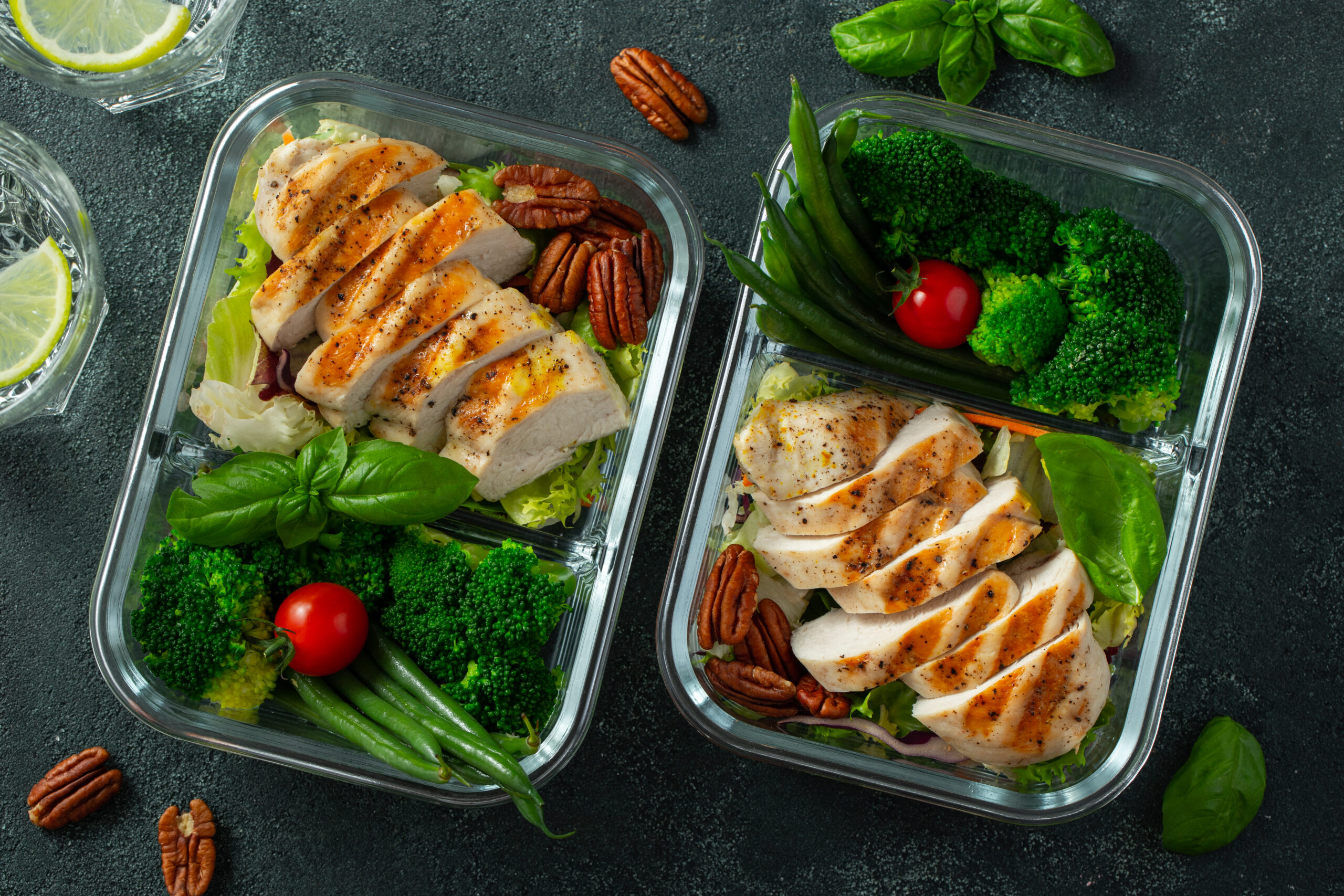


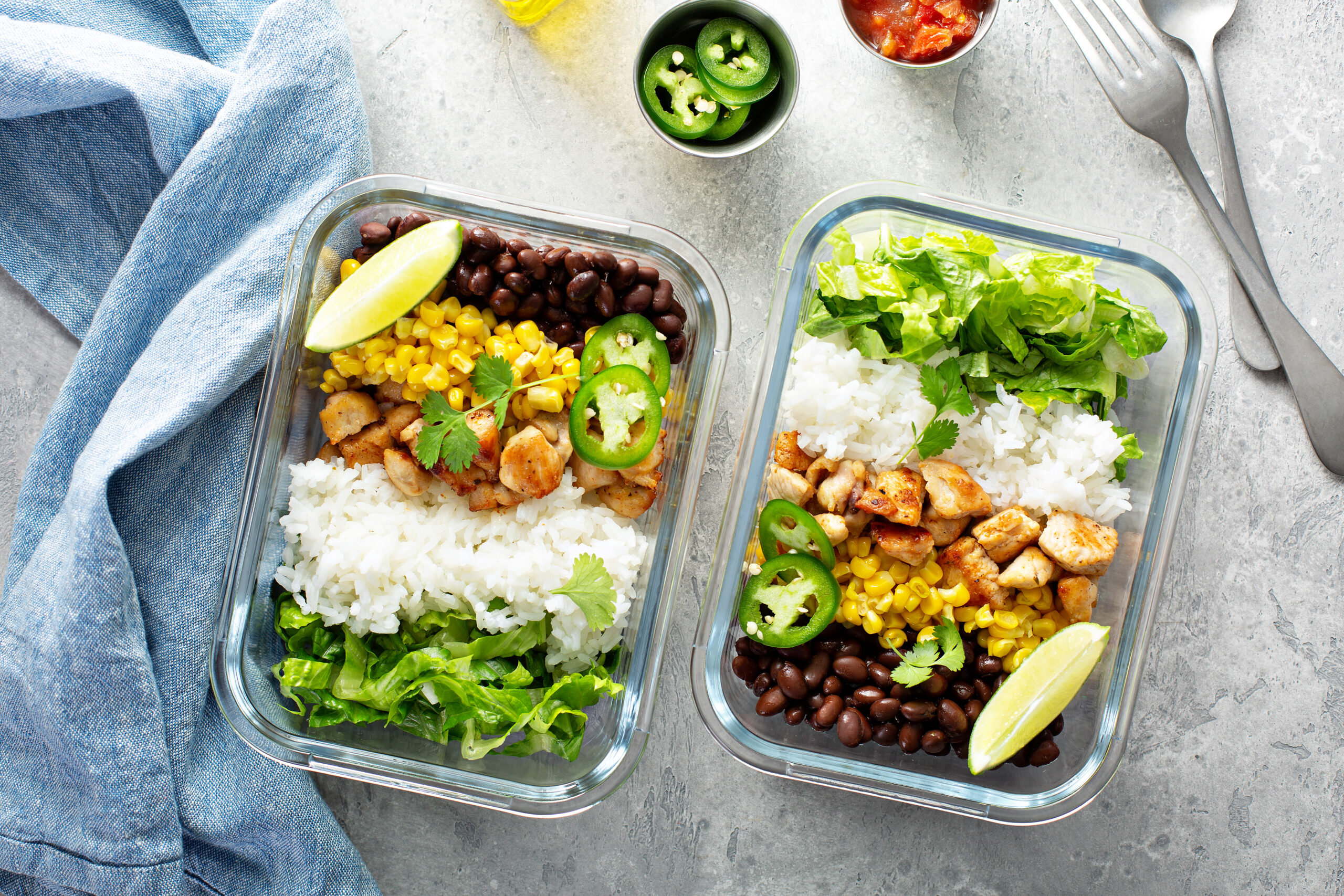
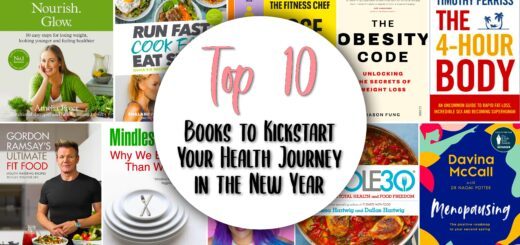
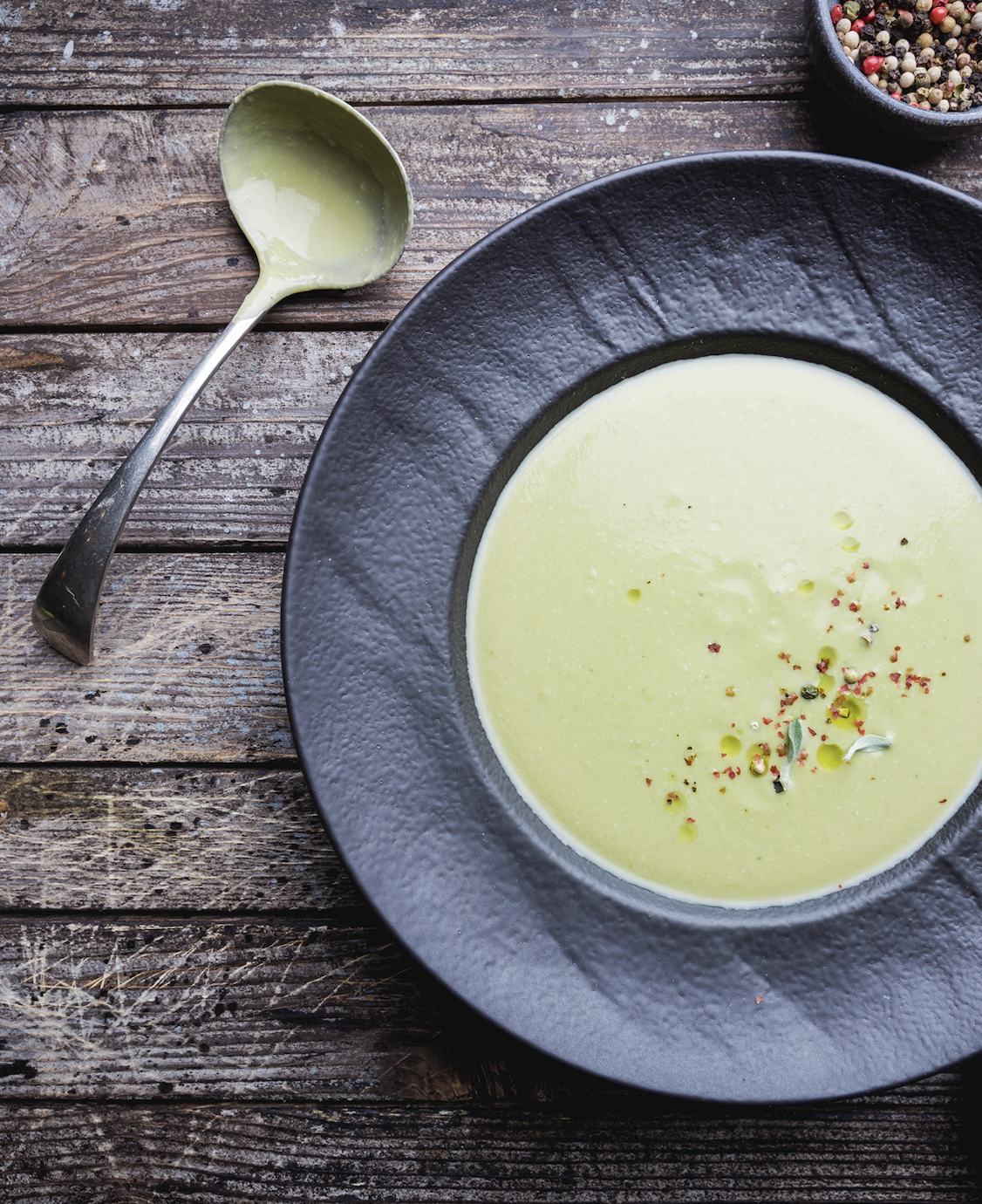


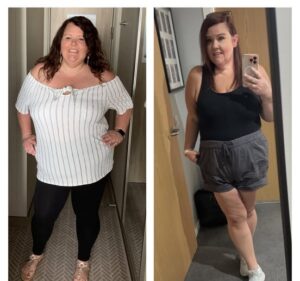





Love this, very good advice. Thank you.